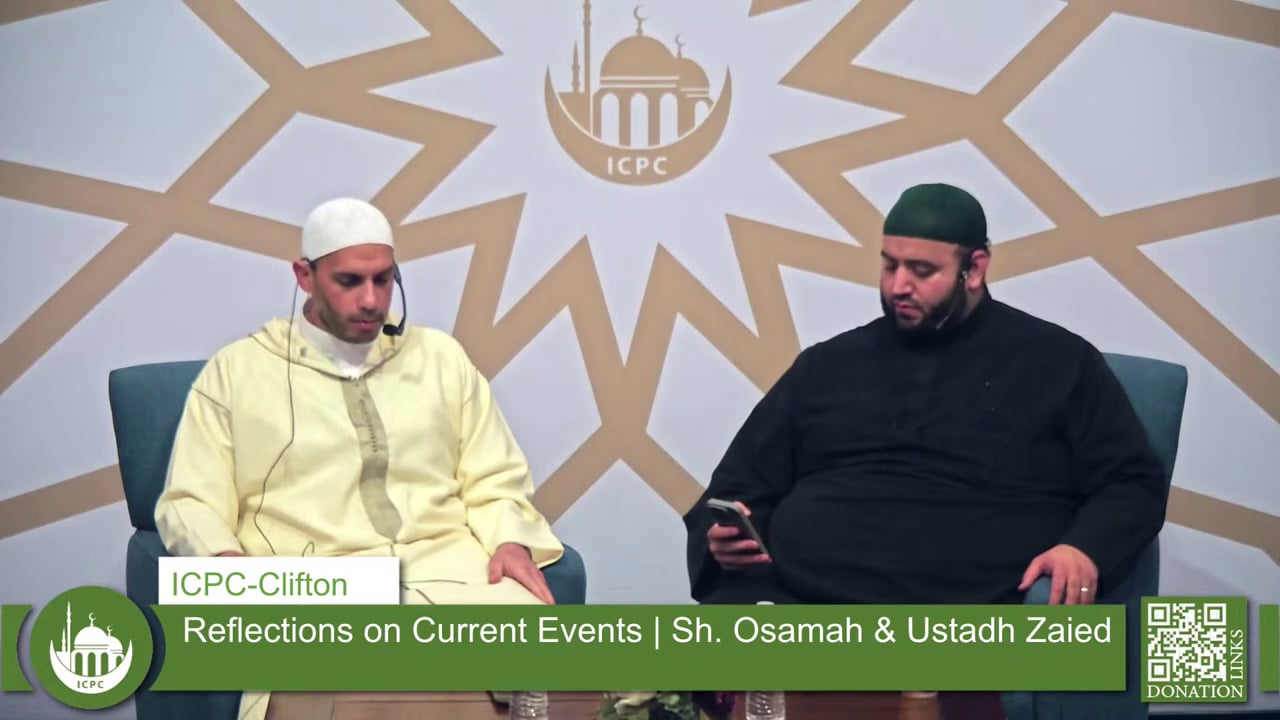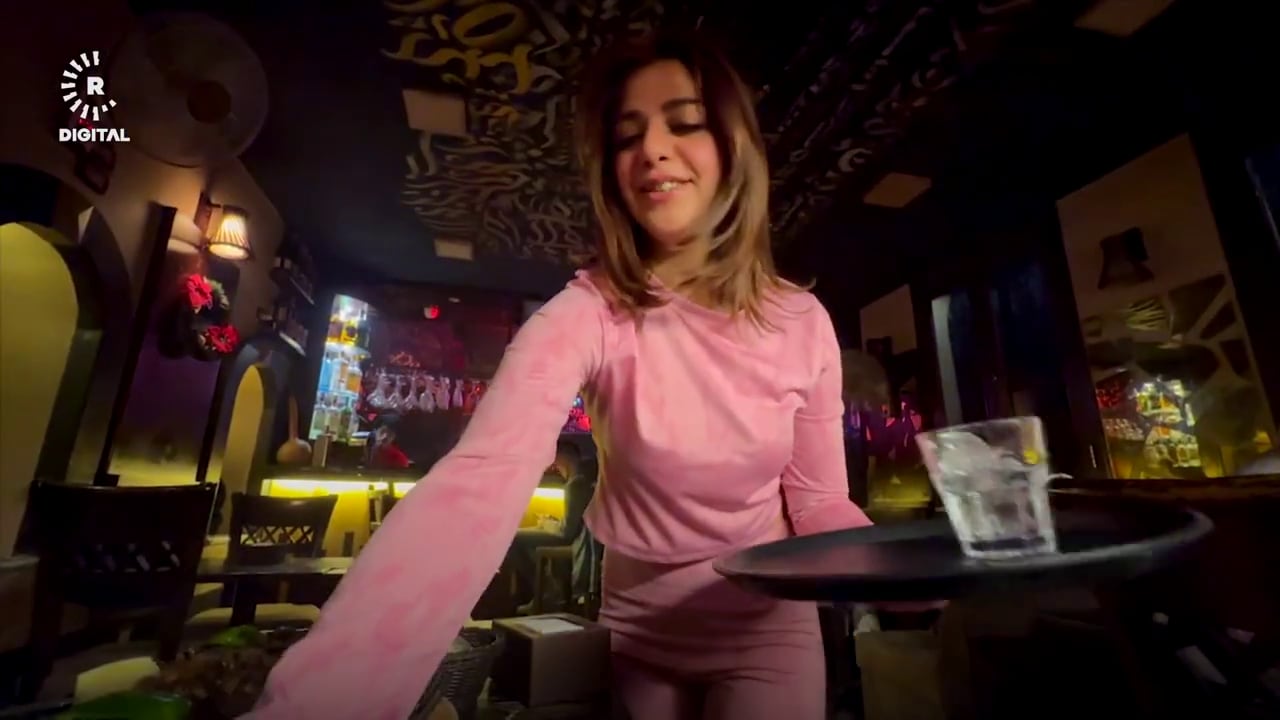
Following are excerpts from an interview given by PA President Mahmoud Abbas to Israeli Channel 2 on November 2, 2012, and an interview with Al-Hayat TV a day later.
Channel 2 (Israel), November 2, 2012:
Mahmoud Abbas: As long as I am here, in this office, there will be no third, armed, Intifada. Never. We don't want to use terror. We don't want to use force. We don't want to use weapons.
[...]
Interviewer: You are originally from Safed.
Mahmoud Abbas: From Safed, yes.
Interviewer: Do you wish to go there?
Mahmoud Abbas: Of course. I want to see Safed.
Interviewer: To visit or to live?
Mahmoud Abbas: No, no. I want to visit with somebody else who is sitting with us now. I visited Safed before once. But I want to see Safed. It's my right to see it. But not to live there.
Interviewer: Is this Palestine for you?
Mahmoud Abbas: Palestine now, for me, is the 1967 borders, with East Jerusalem as its capital. This is now and forever.
[...]
Al-Hayat TV, November 3, 2012:
Interviewer: What about the Right of Return, and the talk about Safed, where you were burn but do not wish to return?
Mahmoud Abbas: This is my personal position. It is my right to say where I want or do not want to live. However, nobody can undermine the Right of Return, because it is mentioned in two places.
The first is UN Resolution 194. Today, people might not remember Resolution 194, but this resolution, passed in 1949, grants compensation to anybody who does not wish to return. So the basis is the Right of Return, but anybody who does not wish to return is free [to choose].
Interviewer: So when you retire and become a regular Palestinian citizen again, you will get compensation if you do not wish to return?
Mahmoud Abbas: I will be free to choose. Not just me, any citizen who does not wish to return... What is the compensation for? It is compensation for our property and so on, but also for our suffering. So even those who return have the right...
Interviewer: To compensation for their suffering.
Mahmoud Abbas: Of course. That is the basis. Therefore, Resolution 194 grants compensation to anybody who does not want to return.
Now let's consider the Arab peace initiative, which serves as the basis for the Arab policy, adopted by all the Arab and Islamic countries. What exactly does it say? It states: "a just solution to the Palestinian refugee problem, to be agreed upon in accordance with UN resolution 194."
How do you interpret this? "A just solution," "agreed upon" – with whom? As long as you are negotiating with another party, Israel, you want to reach an agreement with it. If you were the victorious party, nobody would argue with you about anything. But since this is the solution proposed by the Arab states – a just solution for the refugees, agreed upon in accordance with Resolution 194 – then this is the interpretation.
There is one more thing. Six basic issues still remain: the borders, the settlements, security the refugees, the water, and so on. All these issues must be brought to the negotiating table, to be discussed on the basis of Resolution 194 and the Arab peace initiative. The agreements we reach will be presented to the people for a referendum, and it is up to them to accept or reject them.
If they accept them – fine, but if they reject them – not only the solution, but the party that proposed it, will be defeated.
[...]














